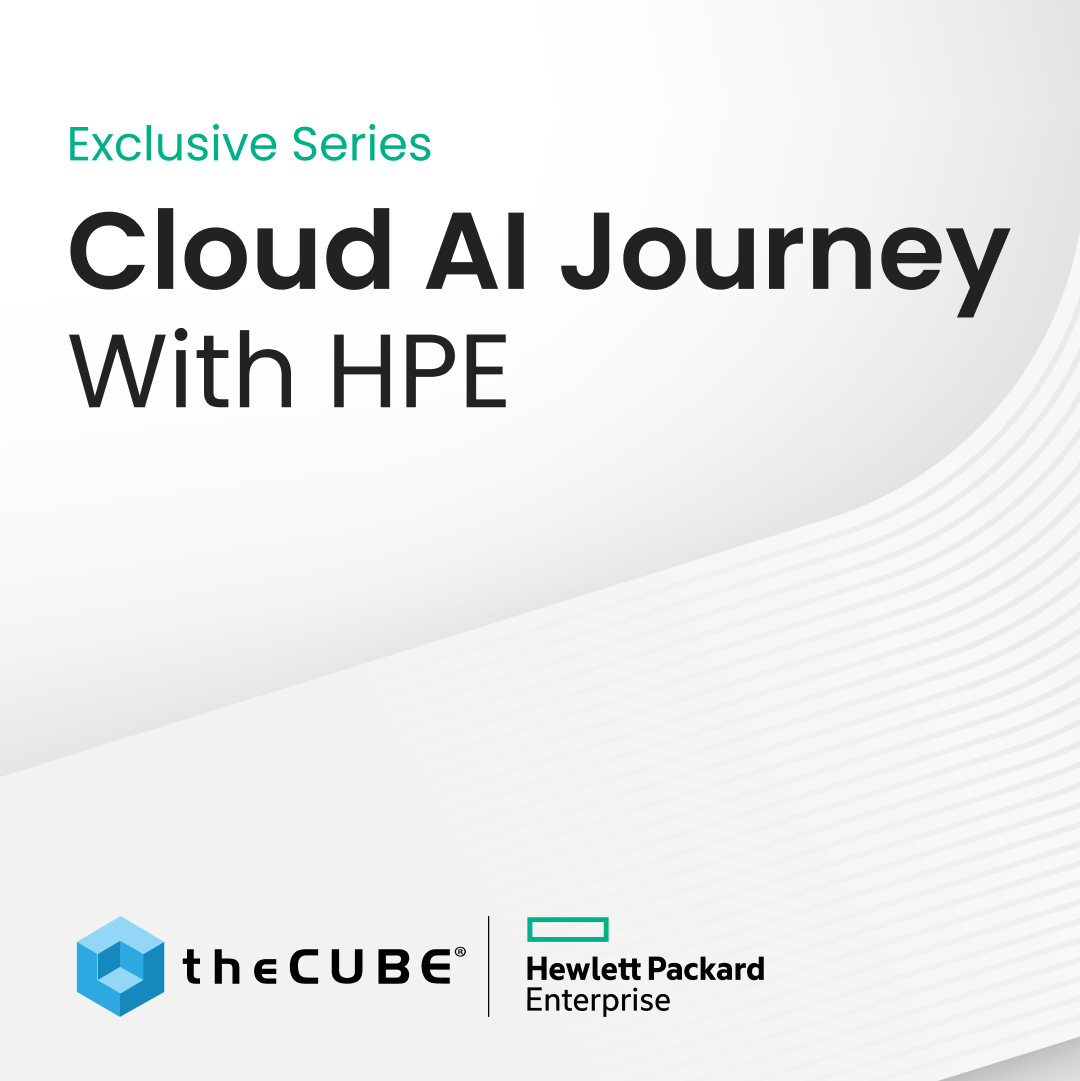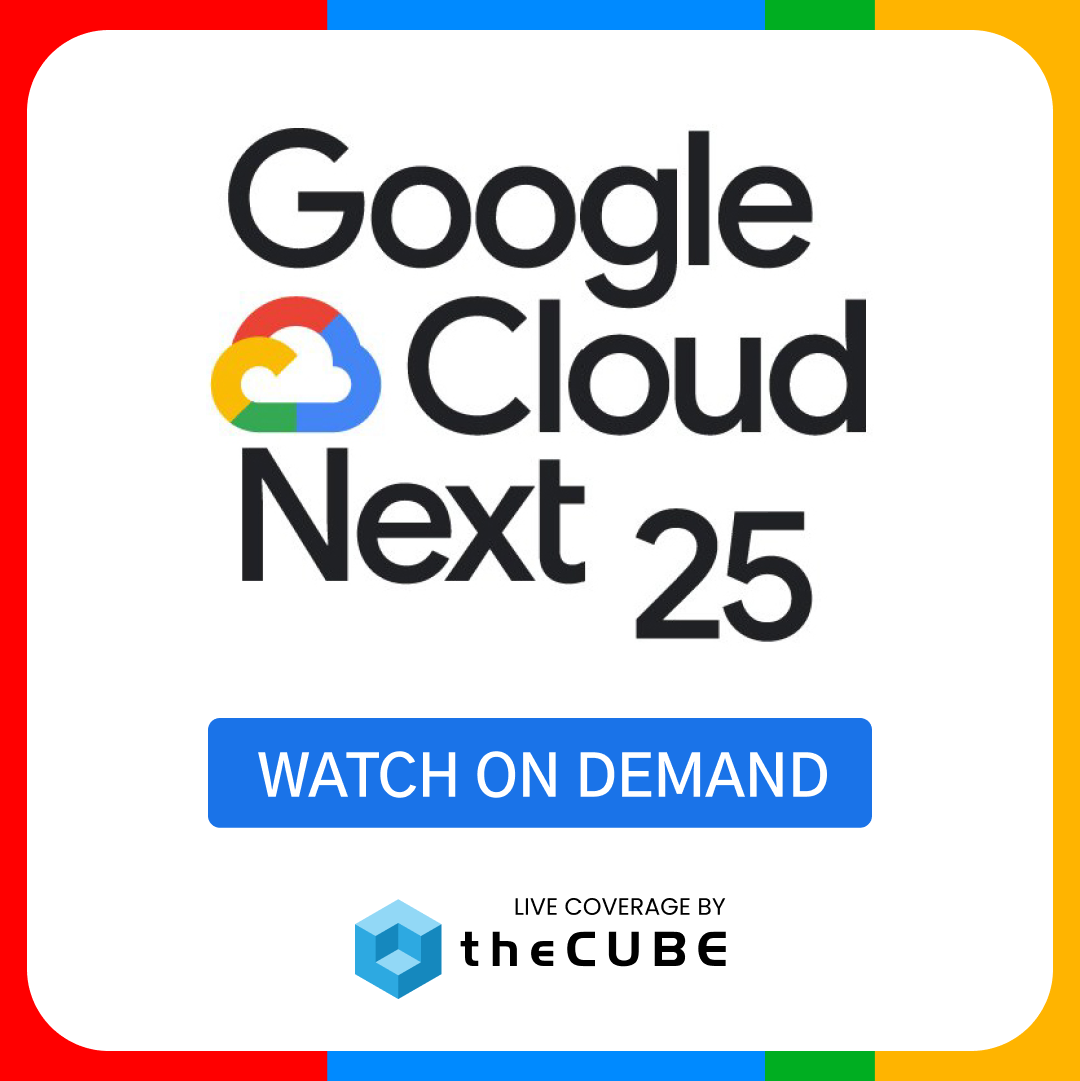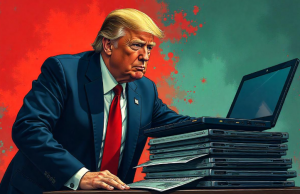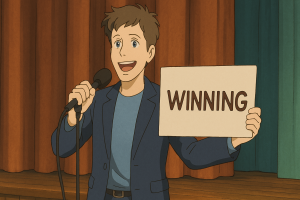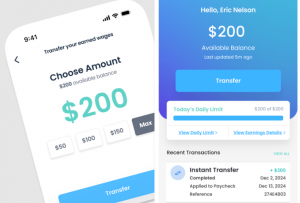Facebook Co-Founder Unfortunately More Boring than Portrayed in “The Social Network”
![]() Possibly the most intriguing blockbuster of this year, “The Social Network,” provides a fictional-historical hindsight view of the creation of Facebook. It’s characters strut their stage, spin a drama that spans billions of dollars and billions of people in the real world, but after watching himself portrayed on screen he doesn’t really have that much to say to us.
Possibly the most intriguing blockbuster of this year, “The Social Network,” provides a fictional-historical hindsight view of the creation of Facebook. It’s characters strut their stage, spin a drama that spans billions of dollars and billions of people in the real world, but after watching himself portrayed on screen he doesn’t really have that much to say to us.
I am speaking about the new column published on CNBC’s guest blog today by Eduardo Saverin, Co-Founder of Facebook entitled What I Learned From Watching “The Social Network”. If you’re expecting juicy details or some sort of hindsight examination of how the movie does or does not display the impact of the network, you’ll be disappointed.
His writing reads dryly and doesn’t really give us much insight into his thoughts. Some of it is interesting platitudes, “Entrepreneurship involves mistakes and failures. But ultimately, if you have that intellectual capital and intimate understanding behind your project, you have a chance to succeed,” but we can find this sort of thing in fortune cookies. He writes up a story about how the Facebook crowd just happened to be in the right place at the right time—which I will concede is the stuff of legends, but it’s not the entire equation.
I get from his writing that he’s a business major (not to disparage business types unfairly) but he seems to have written only for an audience disinterested in the human element. Facebook, and other social networking sites like it, have a profound effect on humanity because of their ability to connect them, emphasis on networking. And all of the experience that he drew from the entire escapade happens to be about entrepreneurs and how to innovate business—but what about leveraging the social element? Yes, you can’t do that without making money, but you’re not going to make money if you don’t engage people.
Facebook grew from a gimmick into a walking juggernaut because it managed to find the basic iota of human communication: the status update and the “me too” button. Between these two elements we can distill most basic interactions online. In Facebook terms this is posting a little blurb or sharing something and the “Like” button. The equation is so simple and perfect that it allows advertisers into the human experience without fraudulently tricking consumers, essentially word-of-mouth is just a “me too” about products and so “Like” on a product/advertisement just makes as much sense as “Like” for my friend’s new photograph of herself.
When I look at technology, especially world-shaping technology, I’d like to know that those who involved themselves in constructing it can follow the impact it had on their own lives as well as the lives of others.
Business is about people as well as money.
And the social network is society writ large.
A message from John Furrier, co-founder of SiliconANGLE:
Your vote of support is important to us and it helps us keep the content FREE.
One click below supports our mission to provide free, deep, and relevant content.
Join our community on YouTube
Join the community that includes more than 15,000 #CubeAlumni experts, including Amazon.com CEO Andy Jassy, Dell Technologies founder and CEO Michael Dell, Intel CEO Pat Gelsinger, and many more luminaries and experts.
THANK YOU



